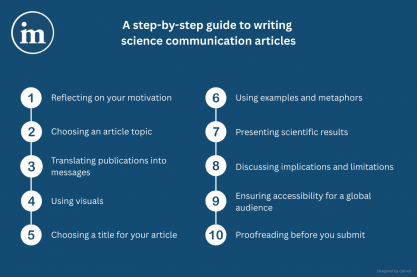Scrolling through the past: How digital tools change the way we remember

keywords:
autobiographical memory / AMEDIA model / digital media / digital age
Scrolling through the past: How digital tools change the way we remember
We are constantly documenting our lives with digital technologies. But how do these tools, from smartphone camera rolls to wearables and social media platforms, change what and how we remember? In this article, we explore the interplay between memories stored in our minds and the available technological devices. / more
When loving hurts: The pervasiveness of stigma towards consensual non-monogamy

keywords:
consensual non-monogamy / Stigma / Sexual Norms / Relationship Diversity / Prejudice.
When loving hurts: The pervasiveness of stigma towards consensual non-monogamy
Consensual non-monogamy is often seen as immoral, childish, or even harmful. This article reviews how stigma towards consensually non-monogamous relationships is widespread and socially shared, shaping judgments and discrimination against those who love outside monogamous norms. / more
A step-by-step guide to writing science communication articles

keywords:
Science communication / Research / In-Mind
A step-by-step guide to writing science communication articles
Effective science communication bridges the gap between science and society. This guide outlines practical strategies for turning psychological research into engaging, accessible articles, including topic selection, structuring the article, and responsible presentation of results. / more
A spoonful of misinformation helps the medicine go viral. How misinformation spreads and who bears the consequences.

keywords:
health misinformation / social media / symptom reporting / online health information seeking / misinformation susceptibility
A spoonful of misinformation helps the medicine go viral. How misinformation spreads and who bears the consequences.
Back to January 2021: you are at home because of the COVID-19 pandemic and decide to scroll through social media for some much-needed distraction. Within seconds, you come across posts about microchips in vaccines, COVID spreading through 5G networks, and President Trump suggesting that injecting disinfectants could be a cure for COVID-19. Social media has become a hotbed of armchair experts, doom-mongers, and conspiracy theorists. You laugh off the misinformation easily, after all, nobody really believes this... Right? / more
